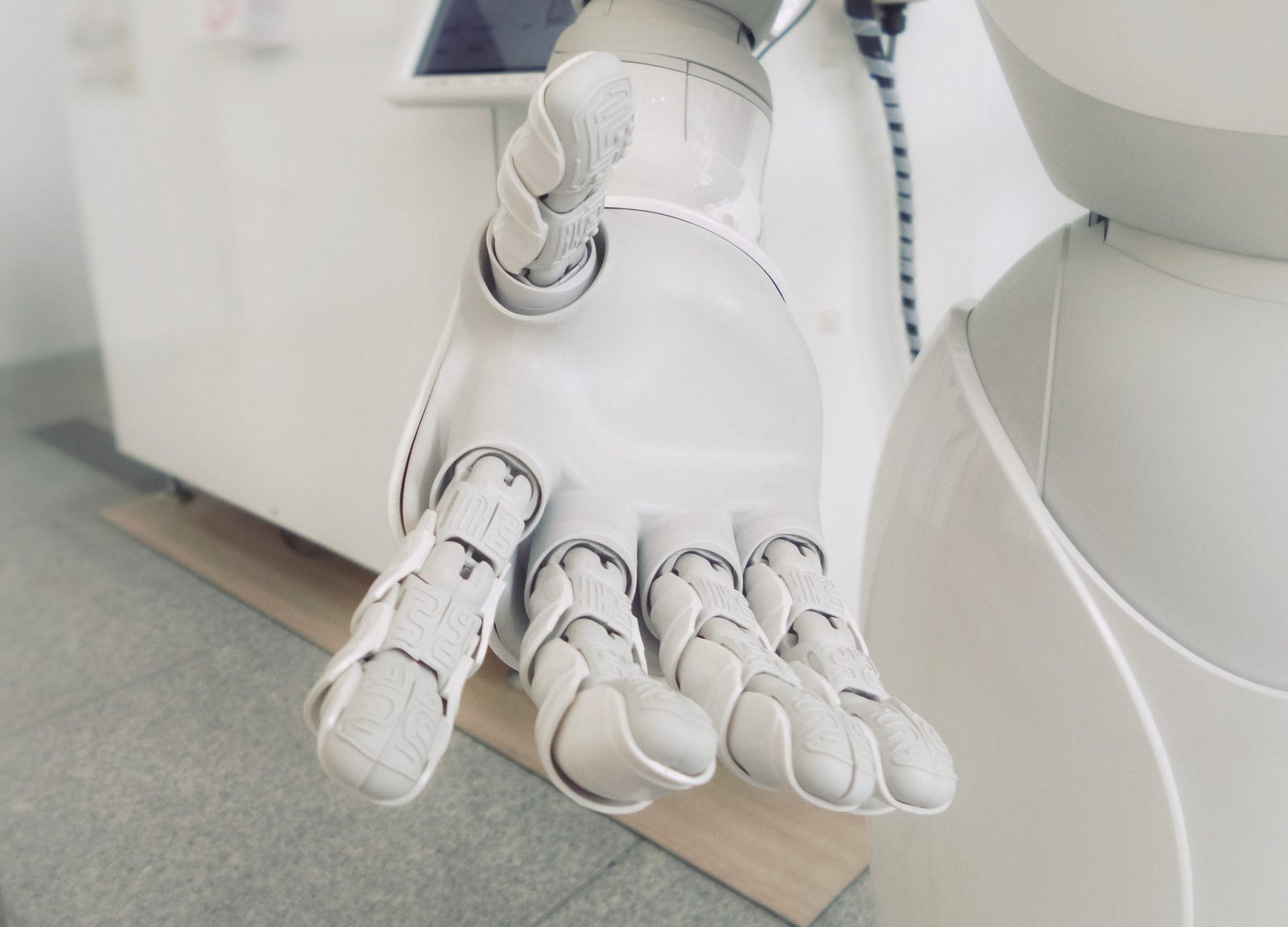Artificial intelligence: what impact on the world of work?
From SIRI software presented by Apple in 2011, to autonomous cars already on the streets of Silicon Valley, artificial intelligence (AI) does not stop progress. While sci-fi books and movies like to portray AI as robots increasingly resembling humans, there are many other applications for this technology. Today, artificial intelligence is considered “narrow” (narrow AI), that is to say, that it can perform one task at a time, but research is advancing rapidly and general artificial intelligence solutions (general AI) begin to appear. They will allow these machines to perform increasingly complex tasks and disrupt many sectors of activity.
Inventory of artificial intelligence (AI)
The principle of artificial intelligence is to make machines capable of simulating intelligence, i.e. replacing humans in some of their cerebral actions. A clever mix of computer science, mathematics and cognitive science, the history of artificial intelligence dates back more than 60 years.
1956: The birth of artificial intelligence
It was in the program of a scientific conference organized in Dartmouth (USA) that the term “artificial intelligence” was used for the first time. It was like a signal that the concept was now mature enough to become a subject of research.
1957: The appearance of machine-learning
Frank Rosenblatt creates Perceptron. A machine capable, thanks to layers of artificial neurons, of recognizing letters of the alphabet.
1997: Kasparov defeated in 19 moves
Garry Kasparov, world chess champion, is defeated by Deep Blue, a computer developed by IBM capable of calculating several hundred billion situations without any human intervention.
2013: The giants of the web seize the subject
Convinced of the power of artificial intelligence, GAFA and the other giants of Silicon Valley are embarking on a race to recruit experts on the issue.
Gartner, a US technology research firm, conducts an emerging technology trend line each year. This graph not only makes it possible to know at what stage technology is maturing but also to predict the time before it reaches its operating threshold. Among the many trends this year, we find general artificial intelligence (AI) in the first “innovation trigger” area. Which suggests that this technology is only at the dawn of its possibilities. Now, 360digitmg is a platform of providing Artificial Intelligence course in Bangalore. 360digimg is providing Artificial intelligence services that encompass many disciplines such as cognitive computing, machine learning, deep learning, ontology management, etc. So many terms that we read or hear without really understanding their scope and their consequences on our daily life. However, it is now safe to declare that artificial intelligence has the potential to revolutionize many sectors such as health, transport, advertising, finance, law, education and of course the world of work.
“Businesses will continue to face the rapid acceleration of technological innovation, which will have a profound impact on the way they treat their people, customers and partners.” – Mike J. Walker, research director at Gartner.
AI and the world of work
The influence of AI on management
Day-to-day management is surely the dimension affected by the scariest artificial intelligence… Some AI services allow companies to examine the emails of their employees to find out if they are dissatisfied with their work so that managers can pay more attention to them before their performance decreases or they start to commit actions harmful to the company. Exploration through our emails is much sharper than you might think: AI can detect emotions through our words by spotting word repetitions, turns of phrase and even the structure of the email.
Far from being satisfied with emails, services offer to record virtually any activity carried out on a company computer. The system then analyzes this data and searches for anomalies indicating poor productivity: hours spent on Facebook, copied databases, excessive chats, etc. The client companies of this type of service justify its use by the fact that helps their employees to focus on the business and limit parasitic actions. Of course, employees subject to this technology sign a clause in their contract authorizing them to be “monitored”, but until when? Big Brother is not far away.
The influence of AI on Human Resources
At the risk of disappointing candidates who find the job search exciting but satisfying those who find it off-putting, the hours spent in front of the screen consulting and applying for vacancies are soon behind us. Indeed, artificial intelligence solutions are already starting to shake up the recruitment sector thanks to a simple but efficient principle: a company provides a job description to the AI who will probe and analyze the multitude of data present on the Internet – especially the social networks – to find the people who best match the company’s criteria, even if they are not looking for a job. And that in just a few seconds.
Recruiters spend almost 60% of their time reading CVs. Why should a person read 300 resumes if a machine can suggest the top 10 in seconds? But AI doesn’t stop there and impacts human resources in an even broader sense. According to David Marcus, the vice-president of Facebook, there are now more than 100,000 chatbots on the Facebook Messenger platform, compared to 33,000 in 2016. As their uses are becoming more common in our personal lives, these technologies are starting to become more widespread in the company for various functions such as coaching, onboarding of new employees, questions frequently asked daily or recurring announcements.




